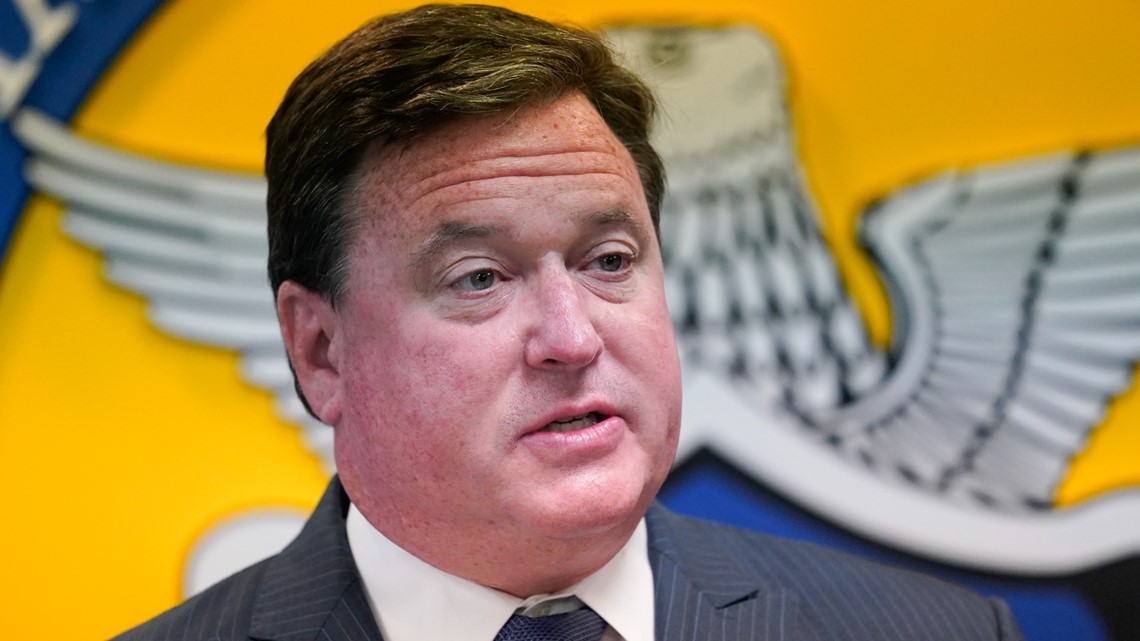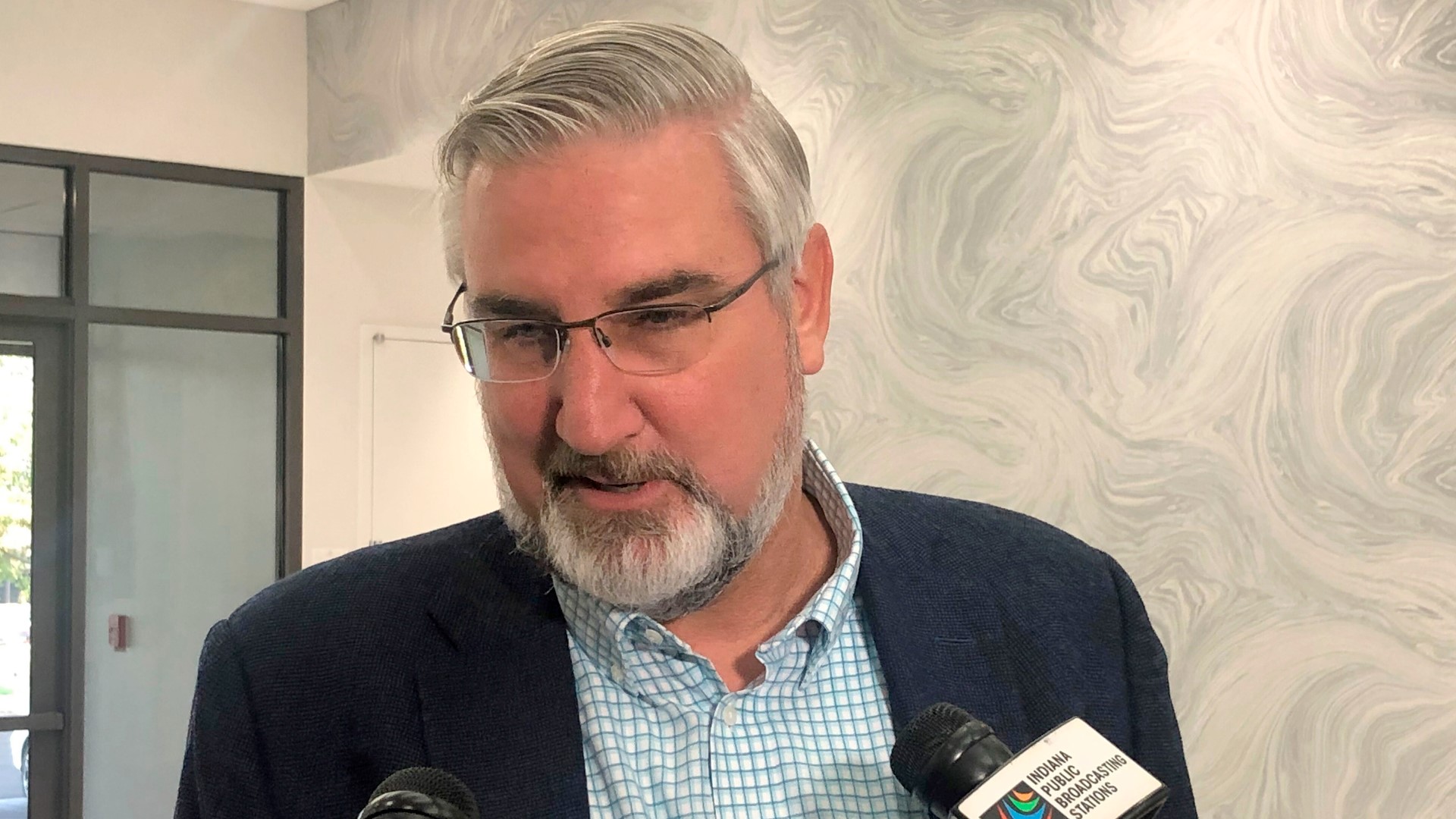INDIANAPOLIS — The legal fight over the increased power Indiana legislators gave themselves to intervene during public health emergencies will be going before the state Supreme Court, but not for nearly five months.
The state's highest court issued an order Wednesday taking over a lawsuit that Republican Gov. Eric Holcomb filed against the state Legislature. Holcomb filed the lawsuit after the Legislature overrode his veto of a bill that allows lawmakers to call themselves into a special session to deal with an emergency, such as the COVID-19 pandemic.
Previously, only the governor could convene a special session. Holcomb's lawsuit argues that the Legislature is "usurping a power given exclusively to the governor" under the state constitution.
A Marion County judge upheld the new law last month, ruling that the constitution gives the General Assembly the authority to determine when and for how long it will meet.
After reviewing the ruling, Holcomb's lawyers filed an appeal asking the Indiana Supreme Court to take up the case in order to get “clarity and finality on this important issue.”
Attorney General Todd Rokita, who has been highly critical of both Holcomb and the lawsuit, also asked the high court to take up the case.


This is seemingly the only time Holcomb and Rokita have been on the same side of this issue. Rokita has made a concerted effort to stop the lawsuit, at one point insisting his office should resolve the dispute between the two branches of government and that he alone has the legal authority to decide whether the new law is allowed under the state constitution. A judge swiftly denied Rokita's argument.
He also filed a 22-page court brief that he said reiterated what the proper limits are to the governor's authority and later asked the state Supreme Court to permanently stall the lawsuit, that request was denied in a unanimous 5-0 decision.
In an unlikely turn of events, both Rokita and Holcomb have gotten what they wanted - the chance for both branches of government to have their day in court. But Holcomb and the Legislature won't have that opportunity for nearly half a year.
The Supreme Court's order sets an April 7 hearing for oral arguments in the case.

